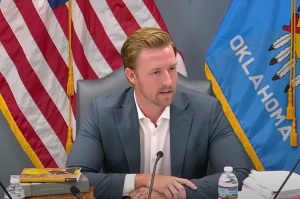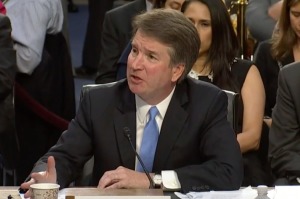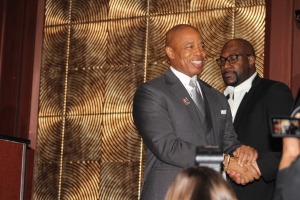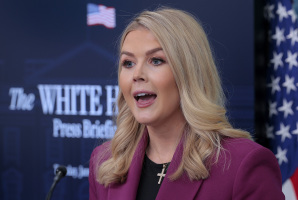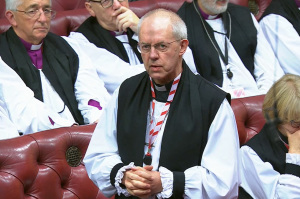Report: United Methodists More Hopeful in Global South than West
In the first-ever comprehensive overview of the life of United Methodists around the world, a new report revealed optimism for the future of the church body is strongest in Africa and the Philippines.
The State of the Church report, slated for a mid-June release, found 88 percent of African United Methodists and 84 percent in the Philippines are hopeful about the church. Meanwhile, 54 percent in the United States and 42 percent in Europe share the same hope.
Methodists expressing hope cited strong and growing congregations, good pastoral leadership and younger constituents while others with less hope mentioned divisiveness, poor leadership and declining membership, according to the United Methodist News Service.
The report is reflective of shifting currents in the United Methodist Church, which has a worldwide membership of about 12 million, from the West to the global South. Over the last decade, the number of United Methodists outside the United States more than tripled while United Methodist membership inside (8 million) has been on a continual decline. And in April, the Judicial Council, the United Methodist high court, held its first session outside the United States and in the Philippines.
The new report showed how homosexuality continues to divide Methodists in the United States with slightly more than half of clergy and laity at least somewhat agreeing with the United Methodist position that homosexuality is "incompatible with Christian teaching" and that the church prohibits the ordination of practicing homosexuals. Only 42 percent of clergy and 49 percent of laity say it is extremely important to address the issue.
The report also found more than three-quarters of clergy and laity believe small cliques exert too much influence in churches. Also, 72 percent of clergy and 61 percent of laity agree at least somewhat that the church "uses too much of available financial and human resources in administration and bureaucracy."
Still, 69 percent of clergy and 75 percent of laity say the system of apportionments to pay for denominational ministries and administration is "an effective and efficient way to pay for work beyond the local church."
Surveying more than 2,600, the report was intended to get more people talking about the church. "Instead of a few people pronouncing the state of the church, we want more people talking about it," said Mary Brooke Cassad, a Connectional Table member from the North Texas Conference, according to UMNS. "Out of Christian conferencing, we are able to discern the will of God and gain clarity in a course of action."
However, the report is not meant to be a diagnosis on the state of the church, clarified Neil Alexander, chief executive of the United Methodist Publishing House and chairman of the task group spearheading the report.
"This is not a prescription. It is not even a diagnosis. It is a mere report. We asked; we got answered. What we do with (the information) is precisely why we need ongoing conversation," he said. "The aim in all this is to stimulate conversation."
The goals of the State of the Church report included defining current realities within the workings of the church, honoring the heritage of the church, and examining areas for growth.
Among other findings, • church leaders express a high level of desire to attract young people but they indicate less willingness to change practices and invest money to do so; • prayer, regular worship and lifelong Bible study are viewed as extremely important practices of faithful discipleship while general and regular financial giving and working for social justice are viewed as less important; • United Methodist pastors do not believe strongly they are well trained, expertly supervised and appropriately assigned to churches; • and more than four out of five pastors agree that pastors have an extremely demanding job and suffer from a lack of time, while three out of four lay members agree with that statement.
Overall, United Methodists strongly affirm their belief in God, Jesus Christ and the Holy Spirit. They also rank the denomination's open table for Holy Communion as extremely important. Other priorities among United Methodists are Scripture, children, reaching out to the unchurched, and ending racial divisions within the church, the report revealed.
The State of the Church report was compiled by The Martec Group, which polled individuals in the United States, Europe, Africa and the Philippines.
















